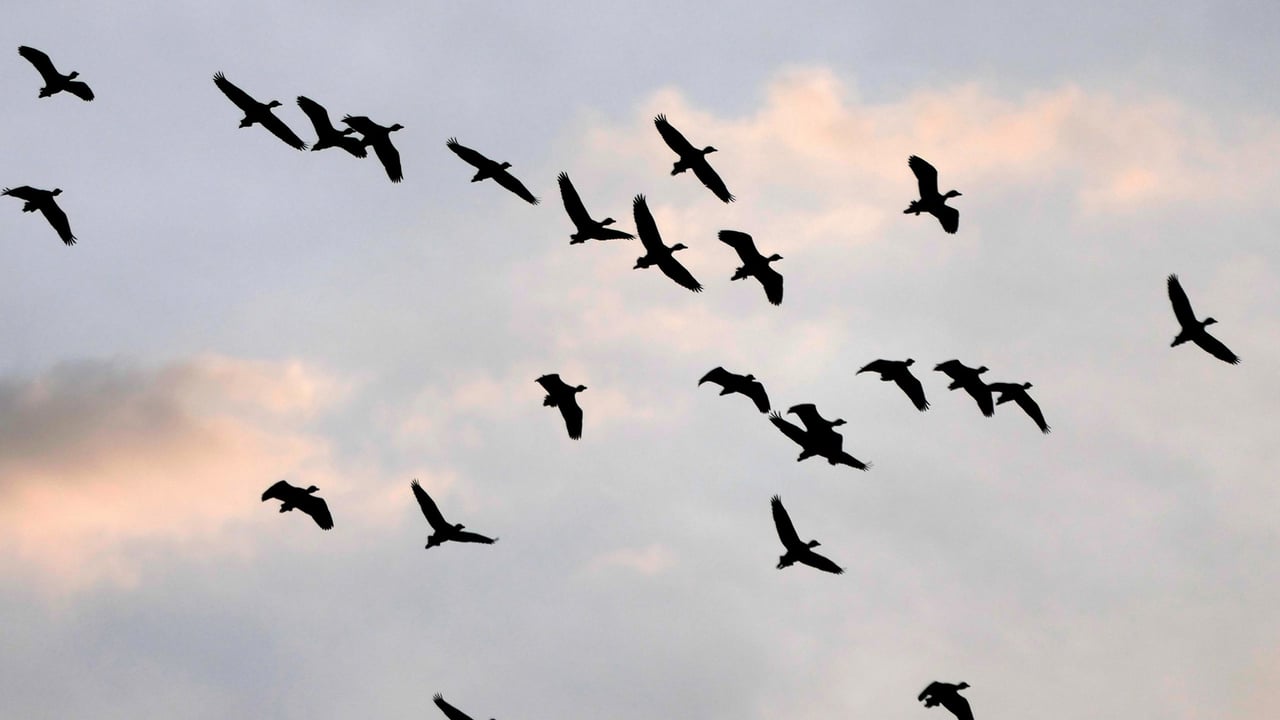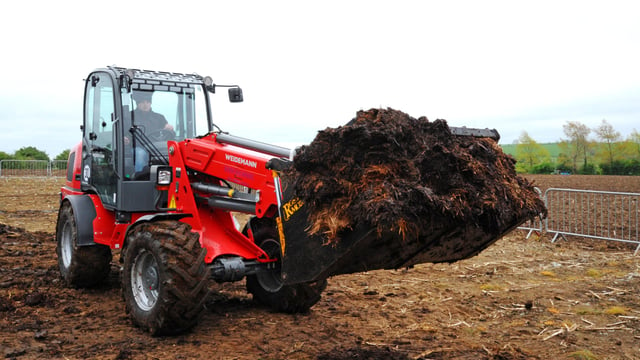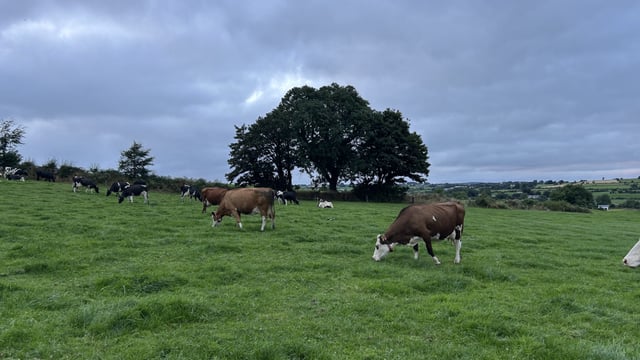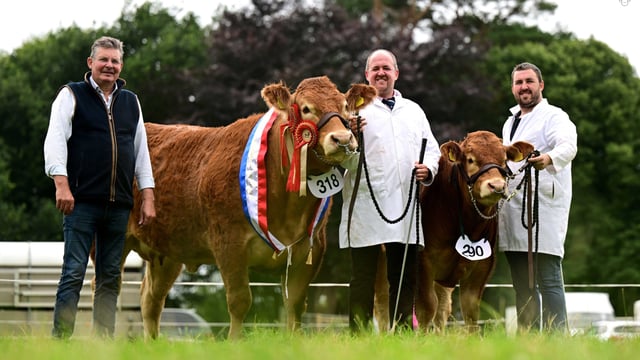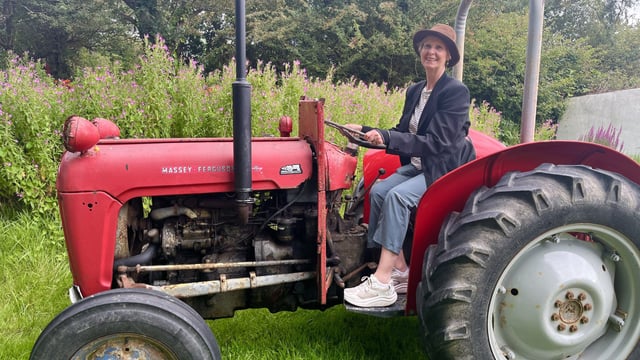HSE advises public not to touch sick or dead wild birds
The Health Service Executive (HSE) is advising the public not to touch or handle any sick or dead wild birds, because of the risks of avian influenza (bird flu).
The warning follows confirmation from the Department of Agriculture, Food and the Marine (DAFM) that bird flu had been discovered in a backyard flock in Co. Donegal.
There are no trade implications for the Irish poultry industry in relation to this detection, due to the very small size of the flock.
HSE
Bird flu is a type of influenza that primarily affects wild birds and poultry, and which can also occasionally infect some mammals and humans.
Highly pathogenic avian influenza (HPAI) is a type of avian influenza that can cause high levels of illness and deaths in birds.
Of the many strains of HPAI viruses, the H5N1 virus is widely regarded as the most serious for both birds and humans.
Since 2003, there have been nearly 1,000 human cases of H5N1, half of whom have died.
According to the HSE it is "very unusual for people to catch bird flu, but it can happen".
"Currently, it is hard to catch avian influenza from a bird or animal, and there is no evidence that it can be passed between people, but if the virus mutates (changes) this may happen in the future," the executive said.
Wild birds
As the H5N1 HPAI virus is circulating in wild birds in Ireland, the HSE is reiterating the advice issued by DAFM to the public, including:
- Do not to touch sick or dead wild birds;
- Do not touch wild bird feathers or droppings;
- Avoid contact with surfaces contaminated with wild bird droppings;
- DAFM requests that all sick/dead wild birds are reported via the Avian Check app. While not all dead birds will be collected for testing, reporting is greatly appreciated and provides important information to support surveillance and risk assessment activities.
The HSE added that if a person picks up or handles sick or dead wild birds that are found to be infected with avian influenza, they will be monitored for a period of 10 days.
The person may be offered antiviral medication and vaccination if they are considered to be at risk.

